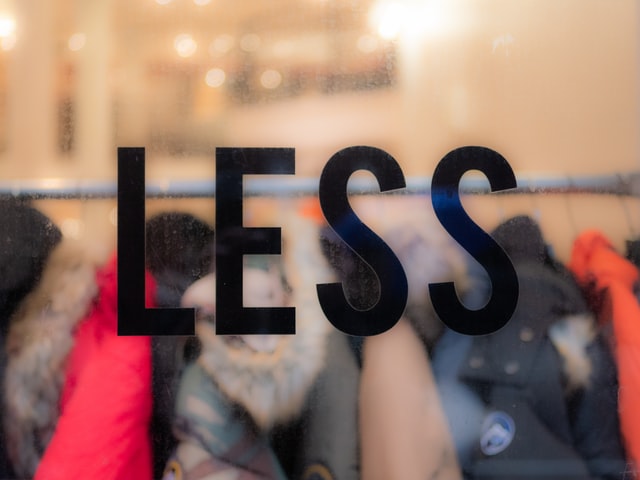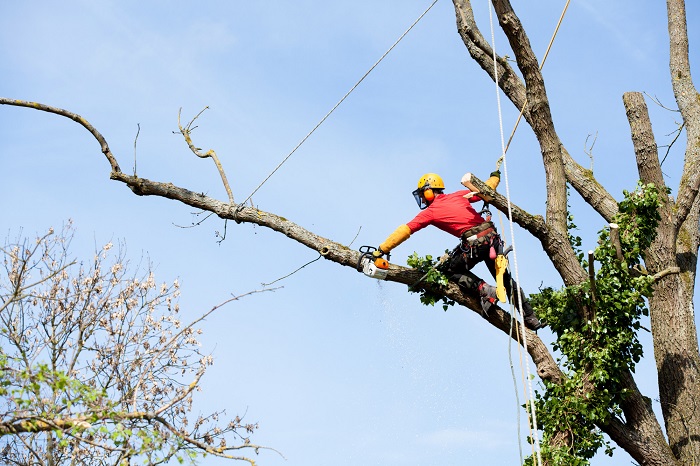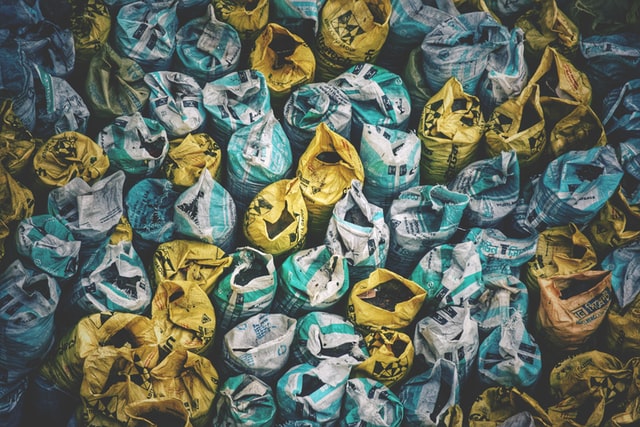It is undeniable that the waste crisis on our planet today has gone to an alarming level. We look everywhere, endangered sea creatures die, weathers are on the extreme, and trash keeps on coming. When will this end? We should be aware that our actions impact significantly on what happens in our environment today.

What should we do? How do we create less waste? Here are some top tips for creating less waste you can do now and can do at home.
Use Reusable Containers
Use reusable containers as much as you can. This means avoiding bottled water, canned sodas, or plastic cups from coffee shops. The bottom line is doing away with plastic food containers.
Instead, drink clean water from a well, spring, or tap water with a great water filter. Carry with you at all times reusable bottled containers, mug, and use a glass Tupperware or mason jar for food storage.
Have a coffee at home or in the office, or you can bring your travel mug to your favorite coffee shop and have the barista put it there. If you can cook at home, do it.
This is to avoid the use of take-out containers that will just go directly in the trash bin. Get used to avoiding the consumption of one-time use containers, especially the ones made of plastic.
Say No to Single-Use Plastic
This issue can’t be reiterated enough, and plastic pollution is one of the pressing environmental problems today. Did you know that single-use plastics account for 40% of the Earth’s waste?
Food wrappers and plastic bags remain in the environment for more than 100 years. So if you can, please say no to single-use plastic.
When you shop in the supermarket, use brown paper bags or a ‘bag-for-life’ eco bag. Avoid using plastic straws; instead, you can bring your own reusable and washable straw. Dine with restaurants or coffee shops that support the ‘Zero-Waste Movement.’
Instead of using disposable q-tips, you can always resort to reusable q-tips. It’s great for when applying make-up and midday retouch. All these little steps are a big help to create less waste that is beneficial for our environment.
Minimalist and Zero-Waste Living
A minimalist life means living with less. Lesser stuff means lesser waste. The minimalist and zero-waste lifestyles are somehow similar. An average person can produce an average of 5 pounds of trash a day.
If you’ve ever seen documentaries of people trying to live a zero-waste lifestyle, they can produce less than a pound of trash a day. If they can do it, so can you.
To live a minimalist and zero-waste life, remember the four R’s: Refuse, Reduce, Reuse, and Recycle. Refuse to buy single-use plastics and products that have a lot of packaging.
Say no to plastic containers and plastic straws. Reduce buying things that you don’t actually need. Do you really need that junk food? You can do away with fruits.
Reuse by patronizing items that can be used multiple times before throwing them out. Why buy bulk tissues when you can use reusable tissue packs? Recycle what you have at home rather than allowing it to end up in the landfill.
Make-up pads and cotton rounds are some of the most common household trash; why keep using these things every day? You can always resort to reusable cotton rounds that replace 1,750+ single-use cotton rounds.
Food Composting
We eat three times a day, sometimes more, and food waste or vegetable peels are inevitable. Do you throw it away? We hope not. You can always resort to food composting.
You can make food compost at home to add to the soil and help the plants grow. You’re not only creating less waste, but this can help you grow your own fruits and vegetables as well. Living zero waste and creating a sustainable garden is practical and desirable.
How do you compost food? Place all food compost in a stainless steel compost pail (you can use this to avoid foul smells), but if you don’t mind the odor now and then, you can use an old bucket with a cover.
What kind of food or waste can you place in the food compost? There are tea leaves, eggshells, corn cobs, coffee grinds, vegetable peels, fruit remains, or table scraps.
Other than the food, you can also compost wood chips, hay, straw, shrub prunings, shredded paper, leaves, grass clippings, or other plants. Just make sure to securely place your compost bin away from raccoons.
Do Good for Our Environment
Sustainability/creating less waste starts at home and begins with you. There are many ways to create less waste, and you can start with these top tips at home now.
It may not be easy, and you need to take extra time out of your day, but it will all feel effortless in the long run. If you want to learn more and invest in reusable items, you can shop zero waste items here.



